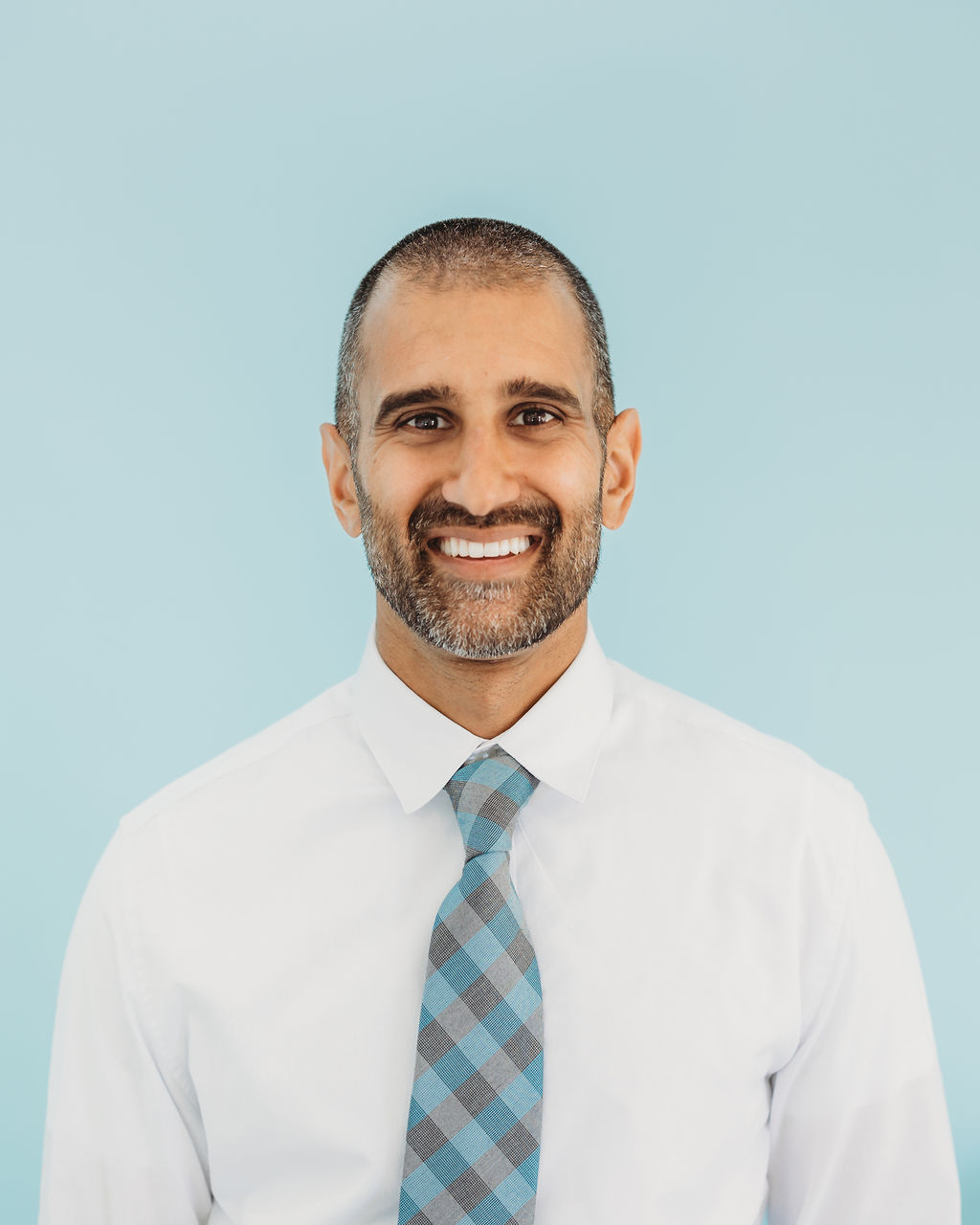For many people, even the thought of sitting in a dental chair can trigger feelings of anxiety. Whether you had a painful experience in the past or simply feel uneasy about dental procedures in general, you’re not alone—dental anxiety is extremely common.
The good news? Modern dentistry offers safe, proven ways to help patients feel calm and comfortable during treatment. One of the most popular and accessible options is oral sedation.
If you’ve been avoiding the dentist because of nerves or fear, it may be time to learn more about how oral sedation works, who it’s for, and why it’s a trusted option for so many patients. Below, we’ll break down what is oral sedation, how it’s administered, its benefits and potential risks, and what you can expect if you choose it for your next appointment.
What Is Oral Sedation?
Oral sedation is a type of conscious sedation that uses medication to help patients feel deeply relaxed during dental procedures—without putting them fully to sleep. The sedative is usually a small pill or liquid that you take before your appointment. The most commonly prescribed medications for this purpose belong to a group called benzodiazepines—drugs that slow down the central nervous system to reduce fear and anxiety.
Unlike general anesthesia, you remain awake and able to respond to your dentist’s instructions, but you feel much calmer and may not remember much about the procedure afterward. For many people, this makes dental care far less intimidating and more manageable.
When Is Oral Sedation Used?
Dentists in Cedar Park may recommend oral sedation for patients who:
- Have moderate to severe dental anxiety or fear
- Need complex or lengthy procedures
- Have a low pain threshold or very sensitive teeth
- Have a strong gag reflex
- Struggle to sit still for long periods
- Prefer to combine multiple treatments in one visit
Because you stay conscious, oral sedation doesn’t carry the same risks or costs as deeper sedation methods like IV sedation or general anesthesia, making it a practical solution for many patients.
How Does Oral Sedation Work?
If you and your dentist decide oral sedation is right for you, here’s what typically happens:
- Prescription
Your dentist will prescribe a sedative pill or liquid—commonly something like Halcion (triazolam) or Valium (diazepam). - Timing
You’ll take the medication about 30 to 60 minutes before your appointment starts. Your dentist will provide exact instructions on when and how to take it. - Sedation Level
The dose is tailored to your level of anxiety, your overall health, and how extensive your treatment will be. The goal is mild to moderate sedation—enough to keep you calm but still responsive. - During the Visit
You’ll feel drowsy and relaxed but stay awake. Many people feel like time passes quickly or they drift in and out of awareness. - Afterward
Because the sedative can linger in your system for a few hours, you’ll need someone you trust to drive you home. Plan to rest for the remainder of the day.
How Does Oral Sedation Compare to Other Sedation Options?
Here’s how oral sedation stacks up against other common forms of dental sedation:
| Sedation Type | How It’s Given | Best For |
| Oral Sedation | Pill or liquid taken before visit | General anxiety, routine procedures |
| Nitrous Oxide (Laughing Gas) | Inhaled through a mask during treatment | Mild nervousness, short visits |
| IV Sedation | Medication delivered through a vein | High anxiety, lengthy or complex treatments |
| General Anesthesia | IV or gas for complete unconsciousness | Major surgery, extreme cases requiring deep sedation |
Key Benefits of Oral Sedation
For many patients, oral sedation offers the right balance of comfort, ease, and affordability. Some of the main advantages include:
- Less Anxiety at the Dentist
For patients with dental phobia, oral sedation can be life-changing. The medication helps calm your mind and body, so you don’t spend the whole visit feeling tense or fearful.
- Easy to Take
No IV needles, no gas masks—just a pill or liquid you take before your appointment. For patients who fear needles, this is a big plus.
- Better Comfort During Treatment
You’ll feel drowsy and at ease, and may not even remember much of the procedure afterward. Many patients say it feels like they “slept” through it.
- Makes Long Appointments Easier
Oral sedation can make it possible to get more dental work done in fewer visits. If you’re combining procedures or tackling extensive dental work, sedation can help you sit comfortably for longer periods.
- Safe for Many Patients
When prescribed and monitored by a trained dentist, oral sedation is safe for most healthy adults who need mild to moderate help managing anxiety.
- More Affordable Than Other Options
How much does sedation dentistry cost? Oral sedation is typically less expensive than IV sedation or general anesthesia, making it accessible for patients who want help relaxing without a big added cost.
Are There Any Drawbacks?
While oral sedation is very safe and effective for most people, there are some important things to keep in mind:
- Takes Time to Work
Oral sedatives are not instant. You’ll need to plan ahead and take the medication about an hour before your appointment.
- Not Adjustable Mid-Treatment
Unlike IV sedation, the dosage can’t be adjusted once you’ve swallowed the pill. This is why your dentist carefully chooses the right medication and dose beforehand.
- Grogginess Afterward
You may feel drowsy for several hours after your appointment. Driving yourself home is not an option—arrange for a family member or friend to bring you.
- Not for Everyone
Patients with certain health conditions, allergies, or those taking conflicting medications may not be good candidates for oral sedation. Always share your full medical history with your dentist.
- Possible Side Effects
Side effects are usually mild but can include dry mouth, nausea, headache, or mild memory loss of the procedure itself.
Is Oral Sedation Safe?
Yes—when handled by a trained and licensed dentist, oral sedation is very safe. Dentists who offer sedation undergo special training to ensure they follow strict safety guidelines.
Before prescribing oral sedation, your dentist will:
- Review your medical history and current medications
- Check for allergies or potential interactions
- Explain pre-appointment instructions, such as whether you should fast beforehand
- Monitor your vital signs during your visit
Your dentist will also give you detailed post-care instructions to ensure you stay comfortable and safe as the sedation wears off.
Should You Consider Oral Sedation?
If dental anxiety has kept you from getting the care you need, oral sedation might be the right solution to help you feel calm, comfortable, and confident about your dental health again. Many patients who once avoided the dentist altogether now visit regularly thanks to sedation options like this one.
Ready to Make Your Next Dental Visit Stress-Free?
At Reveal Dental in Cedar Park, Texas, we understand how intimidating dental visits can feel for some patients. That’s why we’re committed to providing gentle, personalized care—including safe sedation options like oral sedation. Our team will walk you through every step, answer your questions, and ensure you feel comfortable and cared for from start to finish.
Don’t let dental fear keep you from the healthy smile you deserve. If you’d like to learn more about sedation dentistry or see if oral sedation is right for you, we’re here to help.
Contact Reveal Dental today to schedule a consultation or to get your questions answered. We look forward to helping you smile with confidence—without the stress.

Submitted by Dr. Alkesh C. Sura
Dr. Alkesh C. Sura is the founder and lead dentist at Reveal Dental in Cedar Park, Texas. A North Carolina native, Dr. Sura earned both his Bachelor of Science in Public Health and Doctor of Dental Surgery degrees from the University of North Carolina at Chapel Hill.





